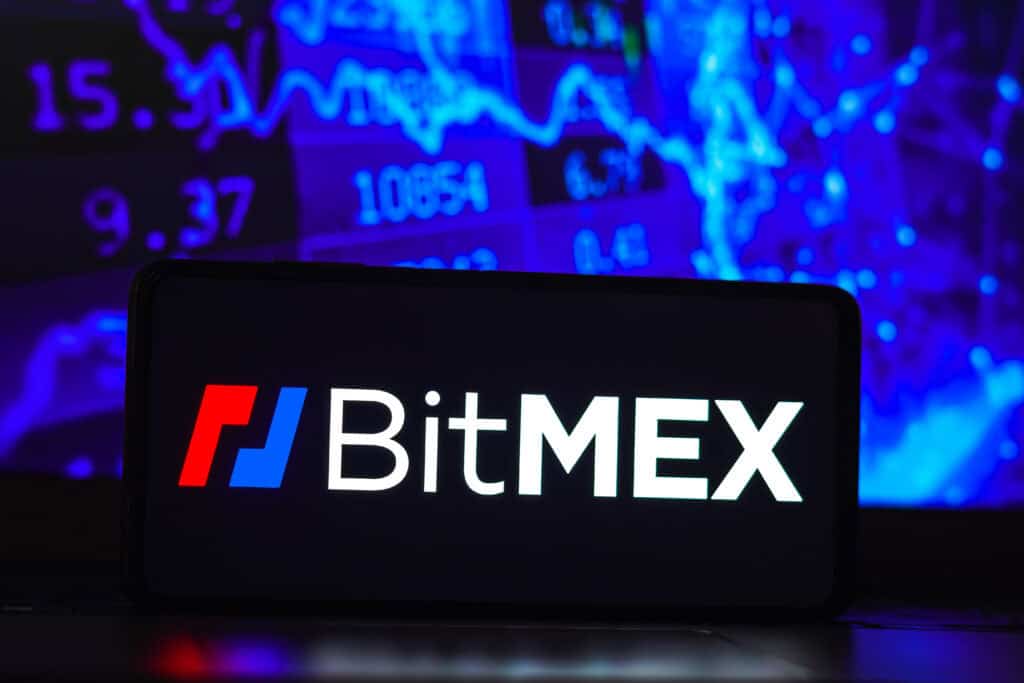
Key Takeaways:
- BitMEX admitted to violating the Bank Secrecy Act (BSA) by not establishing an effective Anti-Money Laundering (AML) program from 2015 to 2020.
- The lack of a robust AML program facilitated large-scale money laundering and sanctions evasion, posing a threat to the financial system.
- BitMEX founders Arthur Hayes, Benjamin Delo, and Samuel Reed were aware of the violations, facing up to five years in prison and fines.
The US Department of Justice announced that BitMEX, a cryptocurrency exchange, admitted to violating the Bank Secrecy Act (BSA) by failing to establish an effective Anti-Money Laundering (AML) program from 2015 to 2020.
US Attorney Damian Williams highlighted that BitMEX’s lack of a robust AML program facilitated large-scale money laundering and sanctions evasion, posing a threat to the financial system.
Global cryptocurrency exchange BitMEX pleads guilty to Bank Secrecy Act offense@NewYorkFBI https://t.co/atA1YhRwrO
— US Attorney SDNY (@SDNYnews) July 10, 2024
Founders Arthur Hayes, Benjamin Delo, and Samuel Reed were aware of the violation, requiring only an email address for user verification.
BitMEX, incorporated in the Republic of Seychelles, faces up to five years in prison and fines.
BitMEX pleads guilty to violating the Bank Secrecy Act in anti-money laundering case https://t.co/Ha2cnrxcWU
— The Block (@TheBlock__) July 10, 2024
In 2022, Hayes, Delo, and Reed paid a combined $30 million civil penalty and received probation for AML violations.
The announcement also referenced upcoming sentencing for individuals connected to FTX and Alameda Research, with former FTX CEO Sam Bankman-Fried already serving a 25-year sentence.

